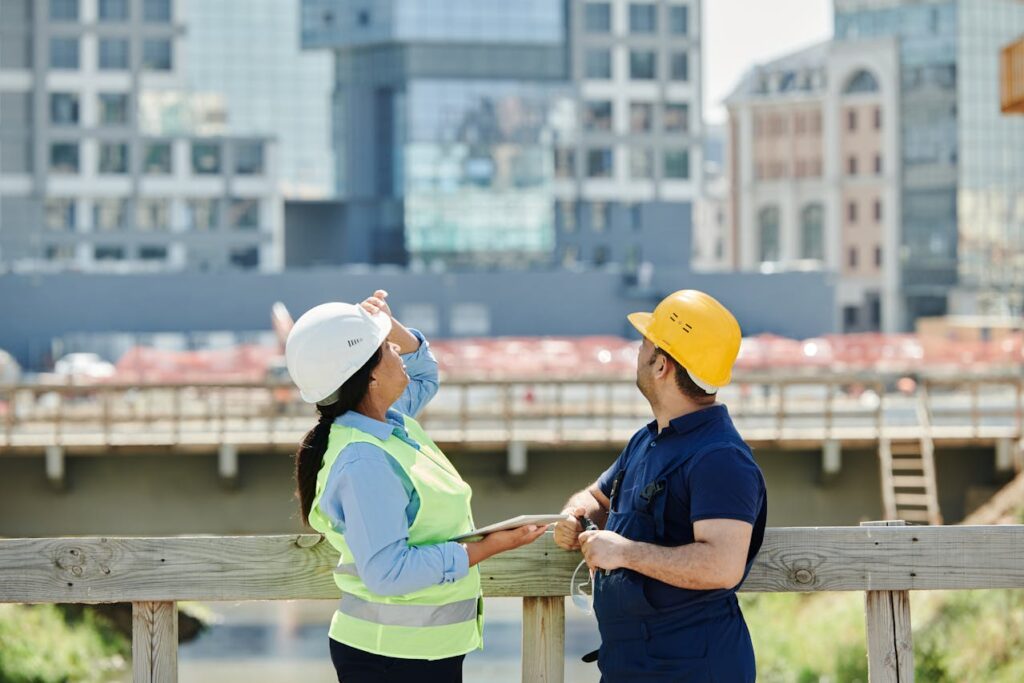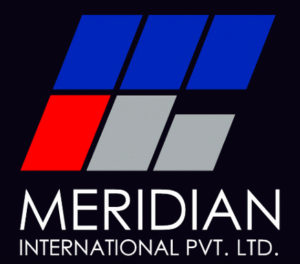When it comes to maintaining the structural integrity and longevity of commercial buildings, few elements are as crucial as the roof. A well-maintained commercial roof doesn’t just protect your assets—it also saves thousands in long-term repair and replacement costs. That’s where commercial roofing contractors step in. These professionals play a key role in ensuring your roofing system performs efficiently year-round.
In this article, we’ll explore how roofing contractors, specifically those specializing in commercial services, contribute to building maintenance, prevent major issues, and support business continuity.
Why Commercial Roof Maintenance Matters
A commercial roof is exposed to harsh weather, heavy foot traffic from HVAC service, and wear over time. Without regular inspections and timely maintenance, small issues like leaks or cracked flashing can escalate into serious structural damage.
Commercial roofing systems are also more complex than residential roofs. They often involve low-slope or flat designs, membrane-based materials, multiple layers, and drainage systems that require specialized knowledge to maintain properly.
This is why working with experienced commercial roofing contractors is essential. They understand the complexities and provide services tailored to your building’s unique needs.
Key Roles Commercial Roofing Contractors Play
Here’s a breakdown of the critical roles these professionals take on during the maintenance phase:
1. Routine Roof Inspections
Regular inspections are the cornerstone of roof maintenance. Commercial roofing contractors conduct thorough assessments of the entire roofing system to detect signs of wear, water infiltration, or material breakdown.
They check:
-
Membrane seams and fasteners
-
Flashing and edges
-
Drainage systems
-
Signs of ponding water or cracks
-
Roof vents, skylights, and penetrations
Early detection helps prevent minor issues from becoming costly repairs.
2. Preventive Maintenance Plans
Most commercial roofing contractors offer customizable maintenance plans that ensure your roof gets serviced on a regular schedule—typically bi-annually or quarterly. These plans include inspections, debris removal, sealant checks, and minor repairs.
This proactive approach extends the roof’s life, supports warranty compliance, and reduces the risk of unplanned downtime due to leaks or damage.
3. Leak Detection and Repair
Even the smallest leak can disrupt business operations and damage equipment, ceilings, or insulation. Roofing contractors use thermal imaging, moisture scanners, and other tools to detect hidden leaks early.
Once found, they perform prompt and precise repairs using materials that match your existing roofing system, whether it’s TPO, EPDM, built-up roofing, or metal panels.
4. Weatherproofing and Seasonal Prep
In regions with harsh winters or storm-prone areas like Connecticut, seasonal roof preparation is vital. Commercial roofing contractors offer services like resealing seams, reinforcing vulnerable areas, and inspecting for wind or hail damage after major weather events.
They also ensure the drainage systems are clear to prevent standing water and ice dams, which are common causes of roof failure.
5. Documentation and Reporting
Professional roofing contractors provide detailed maintenance logs, photographs, and inspection reports. These records are critical for insurance claims, warranty compliance, and future budgeting.
They help business owners and property managers understand the condition of their roofing systems and plan for eventual replacements.
Benefits of Hiring Professional Roofing Contractors
Hiring qualified commercial roofing contractors for maintenance isn’t just about avoiding repairs—it’s an investment in your property. Here’s why it matters:
-
Cost Savings: Preventive maintenance is far less expensive than emergency repairs or full replacements.
-
Extended Roof Life: Regular care can add 5–10 years to your roof’s lifespan.
-
Safety Assurance: Professionals know how to work safely at heights and reduce liability risks.
-
Regulation Compliance: Contractors ensure your roof meets local building codes and OSHA requirements.
-
Business Continuity: A sound roof minimizes disruptions and maintains a comfortable, dry working environment.
How to Choose the Right Commercial Roofing Contractor
Not all contractors are created equal. When selecting a roofing contractor for maintenance, look for the following:
-
Experience in Commercial Roofing: Make sure they specialize in flat or low-slope systems and have a strong portfolio.
-
Certifications and Licensing: Verify that they are licensed, insured, and certified by top manufacturers like GAF, Firestone, or Carlisle.
-
Maintenance Plans Offered: Look for contractors that offer scheduled services, emergency response, and clear documentation.
-
Reputation and Reviews: Choose contractors with positive reviews and local experience in your area.
Final Thoughts
The role of commercial roofing contractors in maintenance goes far beyond patching leaks. These professionals provide preventive care, protect your investment, and ensure your building remains compliant, efficient, and weather-resistant.
Whether you manage a retail center, office building, or industrial warehouse, partnering with a skilled roofing contractor can save money, extend your roof’s lifespan, and give you peace of mind year after year.
- The Role of Commercial Roofing Contractors in Maintenance
- Discover how commercial roofing contractors help extend roof life, prevent costly repairs, and ensure building safety through regular maintenance. Learn why routine service matters.
- Commercial Roofing Contractors
Related posts:
 Love That Lasts: The Rise of Lab Diamond Wedding Bands mined diamonds
Love That Lasts: The Rise of Lab Diamond Wedding Bands mined diamonds
 Why Aimé Leon Dore Is More Than Just a Brand – It’s a Lifestyle Choice
Why Aimé Leon Dore Is More Than Just a Brand – It’s a Lifestyle Choice
 Nofs and Nofs Signature Tracksuit Nofs and Nofs Signature Tracksuit
Nofs and Nofs Signature Tracksuit Nofs and Nofs Signature Tracksuit
 The Ultimate Guide to Men’s Dress Hats: Elevate Your Style with Timeless Elegance
The Ultimate Guide to Men’s Dress Hats: Elevate Your Style with Timeless Elegance
 Why Every American Wants a Awful Lot of Cough Syrup Clothing
Why Every American Wants a Awful Lot of Cough Syrup Clothing
 Disclosing NOFS Clothing: A Modern Time in Streetwear Fashion:
Disclosing NOFS Clothing: A Modern Time in Streetwear Fashion:
 Why Every Streetwear Fan Owns a Represent Hoodie Now in 2025
Why Every Streetwear Fan Owns a Represent Hoodie Now in 2025
 Different Types of Jeans for Women: Finding Your Perfect Fit
Different Types of Jeans for Women: Finding Your Perfect Fit








